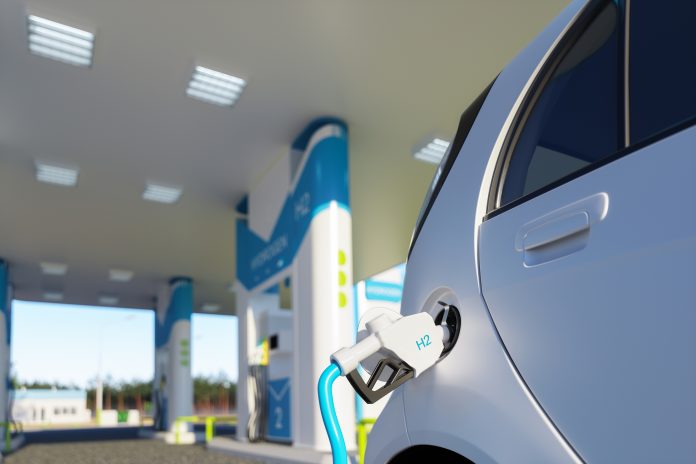Steve McEvoy, Vice President of Automotive at Expleo, outlines how hydrogen cars can drive us towards the UK government’s net zero targets
This year’s Spring Budget focused on the four ‘E’s: enterprise, employment, education and everywhere. The reaction was mixed – with many pointing out that the budget was missing significant emphasis on a final, important E: the environment.
Although the green revolution was covered to an extent, with the chancellor announcing £20 billion of funding for carbon capture over the next 20 years, it did not put any focus on sustainability in the automotive sector – as many within the industry expected it to do so.
Transport accounts for around 30% of global carbon emissions, and 72% of these emissions coming from road transportation such as cars, vans and buses, I believe this should be a priority for any forward-looking government.
The potential of hydrogen for the automotive sector
When it comes to sustainable transformation in the automotive sector, hydrogen has the potential to be the energy carrier of the future.
Some governments have already said it will be a key element in solving environmental and economic challenges. For example, Japan wants to increase the number of hydrogen cars on the road to more than 800,000 by 2030. France is also leading by example, having set the goal of deploying 10,000 hydrogen taxis on the streets of Paris by 2024.
In a traditionally difficult sector to decarbonise, we already see hydrogen fuel cell technology utilised for heavy-duty lorries and double-decker buses in the UK. Our research also found that automotive leaders across France, Germany and the UK actively pursue hydrogen-powered cars, with 70% of respondents saying they’re currently producing hydrogen vehicles or the components for them.
But despite some investments already happening, we’re a way away from hydrogen-powered vehicles becoming a mainstream reality. With its potential to reduce our reliance on ecologically damaging substances such as oil and coal while carrying reliable properties such as storability and transportability, the government needs to explore its use further when considering automotive carbon neutrality goals.
Hydrogen cars are an alternative to electric vehicles
Currently, the UK automotive industry is focused more on electric vehicles (EVs). However, with the rising costs of materials, parts shortages and infrastructure challenges related to EV adoption, the UK needs a secondary solution.
This is where hydrogen has an advantage, although diminishing. In comparison to EVs, hydrogen is currently faster to refuel. Refuelling with hydrogen would set British motorists back five minutes, whereas many EVs need at least an hour, if not significantly longer. However, that advantage is quickly disappearing as EV battery tech improvements close the gap – some EV models now take around 15 minutes to recharge.
At a fundamental level, hydrogen is the cleanest fuel – it’s created through the electrolysis of water, which only requires electricity. When a fuel cell converts hydrogen into electricity, its only emissions are water vapour and warm air. It can, therefore, be created and used without creating any additional carbon, and there is virtually no risk of it ever running out. However, the devil is in detail; specifically, the production method used to extract hydrogen. The most common method of producing hydrogen uses fossil fuels and releases large amounts of CO2 – called grey hydrogen due to its not-entirely-green credentials.
To get to a position where we can produce enough green hydrogen to fuel a means of transportation would require significant investment in the infrastructure needed to create, store, transport and retail it. Not only that, but it would also require substantial political and legislative support to incentivise this investment. We’ve yet to see a country step forward and put significant efforts behind developing the tech and infrastructure needed to make hydrogen a viable alternative clean fuel source EV.
Look at it this way, there are only 11 hydrogen fuelling stations in the UK, which creates significant challenges for innovators looking to convince manufacturers to commit hard-won R&D budgets in developing hydrogen tech.
Overall, we should remember that the hydrogen market is still young, so challenges around cost and production are to be anticipated, and as with battery EVs, take time to overcome. There is also work to be done in convincing the consumer of the safety and benefits of hydrogen vehicles, especially as the cost of hydrogen-powered cars is expensive.
Hydrogen cars on UK roads in the future?
So, how far are we from seeing hydrogen cars on UK roads? Automotive leaders are optimistic – with half of those we surveyed in Europe believing that hydrogen cars will soon become a common sight on our roads. However, the government will need to meet this enthusiasm with significant investment and funding to make it a reality and meet the net zero targets they have set.














